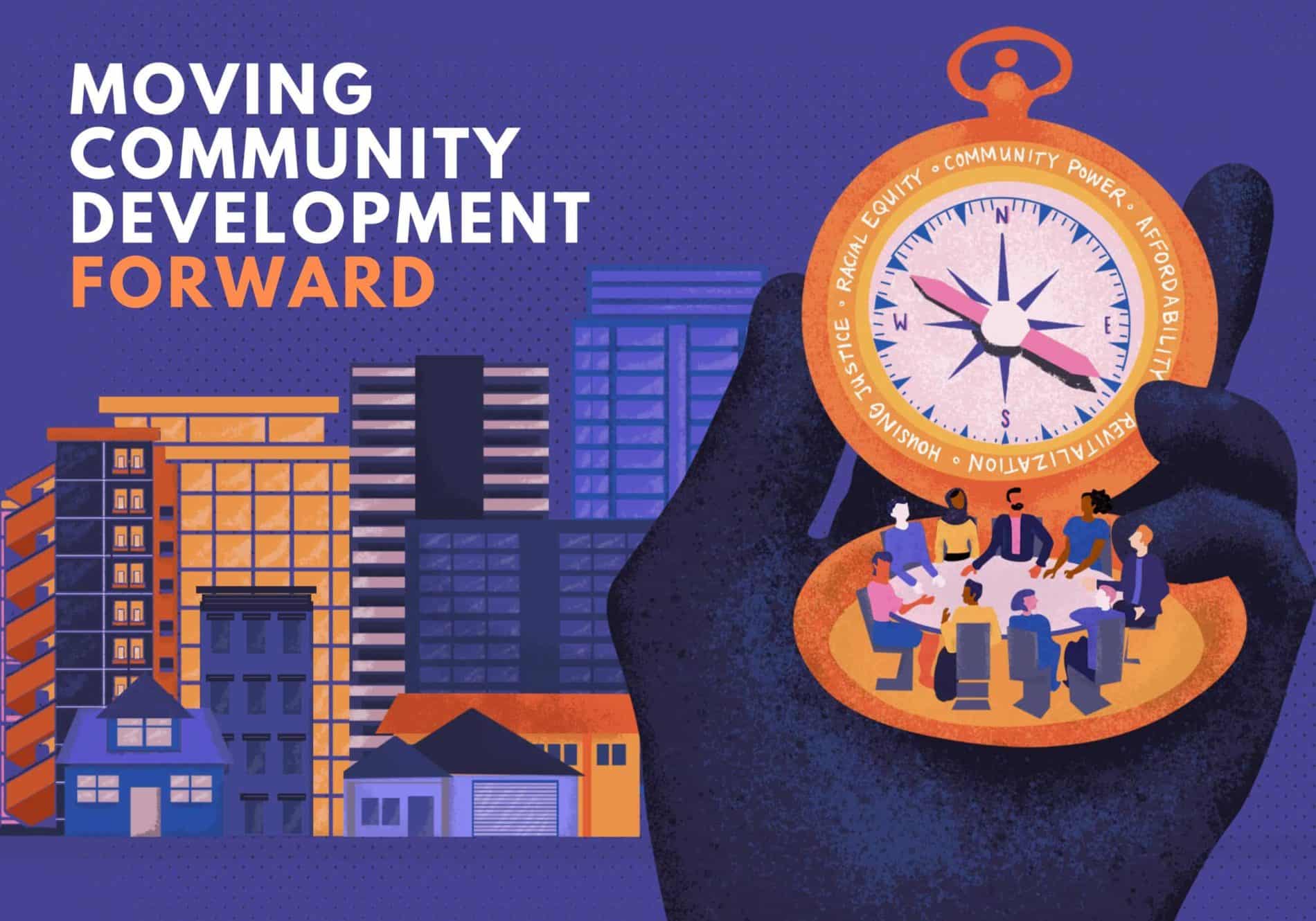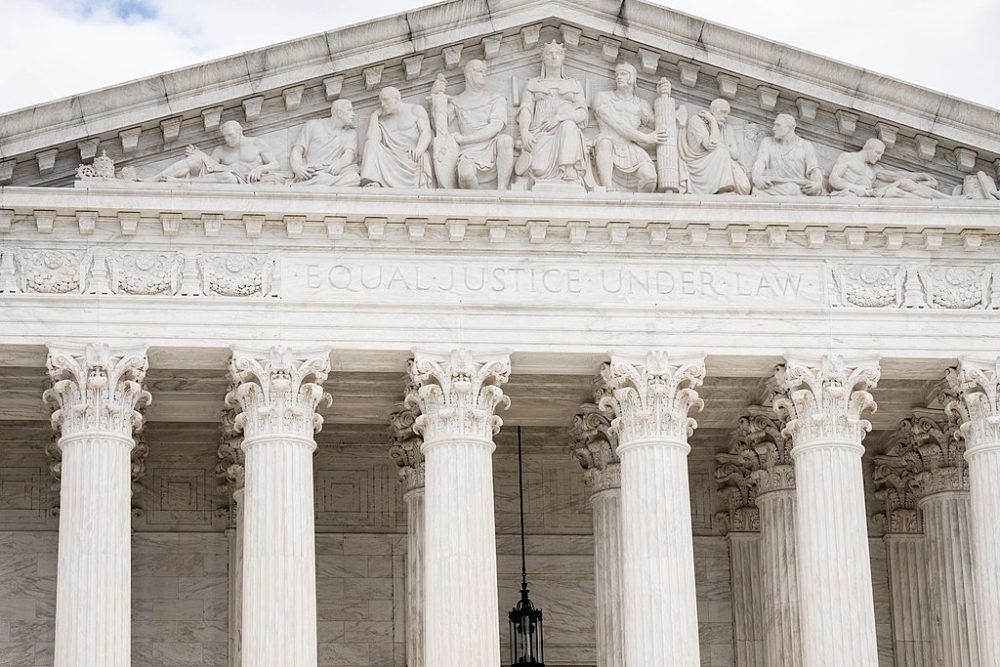I had an exchange with an acquaintance about a recent tweet we put out when we were covering the fourth annual summit of the National Alliance of Community Economic Development Associations. The tweet made a quick reference (since we’re limited to 140 characters) to the keynote speech by HUD Deputy Secretary Ron Sims, where he addressed institutionalizing policy focused on sustainability:
“Sustainability is not the exclusive domain of the rich; it has to be for everyone.”
My friend correctly noted that people like Van Jones, the one-time Special Advisor for Green Jobs, Enterprise and Innovation at the White House Council on Environmental Quality and Majora Carter, founder of Sustainable South Bronx, a non-profit environmental justice solutions corporation (see the Shelterforce interview here), have been talking about this for years, and he’s right of course. But while this type of thinking has been prevalent for years in environmental, advocacy, and social justice circles, embracing sustainability, not only from an economic, transportation, and environmental standpoint, but also used as an approach to creating policy, is something we’ve now seen regularly from this administration — and that’s what makes Sims’ words notable.
Specifically, Sims was talking about the ideals behind sustainability driving federal policy and federal agencies crossing silos to collaborate on large-scale initiatives (think the HUD-DOT-EPA Partnership for Sustainable Communities)
“It’s important for us to look at regional plans on how sustainability and livability are developed so that we can accomplish what we call an integrated system.
“It doesn’t mean, however, that we can’t have individual areas in those regions that are going to be targeted initially — we’re going to look for those as well —but our goal is whether the entire community will benefit.”
Sims then went on to discuss his home county of Washington State’s King County, where, as county executive there, he garnered national attention for his work on urban development, affordable housing, transportation, and homelessness. In King County, the 13th largest county (and eighth richest) in the country, with a metropolitan area of 1.8 million residents and 39 cities that includes Seattle, it was possible to predict health outcomes by ZIP code, as well as illness rates, and even tooth decay rates, Sims said.
While NOFAs have yet to go out, Sims pointed to upcoming grants coming out of HUD’s Office of Sustainable Housing and Communities and what his department hopes to achieve:
“Don’t come back to us and say ‘the prosperous will always proper.’ We’re saying that the rising tide must lift all boats. Sustainability is not the exclusive domain of the rich — it has to be for everyone — and [in these grants] we expect to see a reasonable narrative that brings that about. We want to see the fullness of a region.”
Here’s a segment of his 15-minute address:




Comments